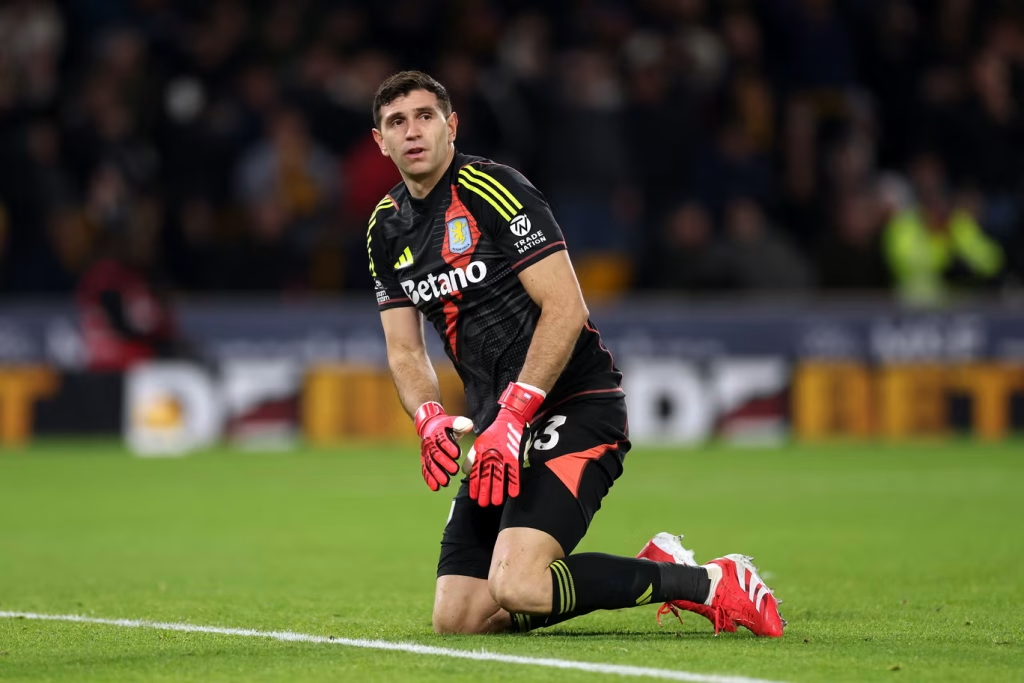Starting in the 2025-26 football season, goalkeepers will face a stricter penalty for holding onto the ball too long. Under the new rule approved by the International Football Association Board (IFAB), any goalkeeper who holds the ball for more than eight seconds will concede a corner kick to the opposing team. This change replaces the existing rule, which stipulates an indirect free-kick after six seconds—a law that was rarely enforced due to its perceived harshness and the logistical challenges of setting up an indirect free-kick.
Why the Rule is Changing
The decision to modify the rule follows successful trials in Premier League 2, as well as in football competitions in Malta and Italy. Data from these trials showed that goalkeepers rarely exceeded the time limit, demonstrating that the threat of conceding a corner acted as an effective deterrent.
According to IFAB, only four instances of goalkeepers being penalized for time-wasting were recorded across hundreds of matches, even with strict enforcement of the rule. This suggests that goalkeepers take the new sanction seriously and are adjusting their behavior accordingly.
Referees will also play a more active role in enforcement. To prevent disputes over timing, referees will visually count down the final five seconds using a raised hand, ensuring that goalkeepers are fully aware of the approaching time limit.
FIFA’s Stance and Future Implications
FIFA has announced its intent to implement this rule in the upcoming 32-team Club World Cup in the United States. FIFA Secretary General Mattias Grafstrom emphasized that the change is aimed at improving game flow and discouraging unnecessary delays.
Patrick Nelson, Chief Executive of the Irish Football Association and an IFAB director, highlighted the importance of this rule modification. He stated that the previous six-second rule had been largely ineffective due to a lack of enforcement, leading to frustration among players and fans.
“This issue has been a problem for quite some time,” Nelson said. “The trials have been very successful, and we are committed to integrating this change into the official laws of the game as soon as possible.”
Could Goal-Kicks Be Next?
IFAB is also considering extending similar penalties to goalkeepers who take excessive time over dead-ball goal kicks. While this proposal has yet to be officially tested, the idea is under discussion as part of broader efforts to improve game fluidity.
The ‘Daylight Rule’ and Other Changes
In addition to the new goalkeeper regulation, IFAB has agreed to continue and expand trials of the so-called ‘daylight rule’ for offsides. This proposed change, championed by former Arsenal manager Arsène Wenger, aims to encourage more attacking play by allowing a player to be onside if any part of their body that can legally touch the ball is level with the second-last defender.
However, initial feedback from past trials raised concerns that this rule might give attackers too much of an advantage, potentially forcing defenders to drop deeper. To address this, IFAB is also exploring an alternative approach where a player would be onside if any part of their torso is level with the second-last defender.
Sources within FIFA have indicated that the governing body has not ruled out testing the ‘daylight rule’ at this summer’s Club World Cup, meaning it could be trialed at the highest level before a final decision is made.
Video Support (VS) System Expansion
Another notable development from IFAB’s latest meeting was continued support for trials of the Video Support (VS) system. This system, designed for competitions that lack the resources for a full VAR setup, allows coaches to challenge up to two referee decisions per match. If a challenge is unsuccessful, the team loses one of its allotted challenges.
While Northern Ireland has expressed interest in potentially introducing this system into league football, no official timeline has been set. However, due to the high number of cameras already in use in England’s top four divisions, VS is unlikely to be implemented there.
Referee Bodycams and New Broadcast Angles
FIFA also confirmed that it will trial the use of referee bodycams at the Club World Cup. If successful, this could provide an additional angle for broadcasters and enhance transparency in officiating decisions.
With these significant rule changes on the horizon, football is set to see faster-paced gameplay and improved officiating transparency. The eight-second goalkeeper rule, in particular, is expected to drastically reduce time-wasting, ensuring a more dynamic and engaging experience for players and fans alike.
For more updates on this and other football-related developments, visit Issue N Fact.

